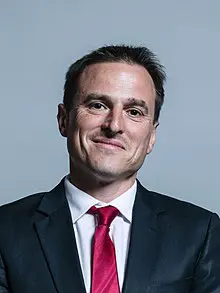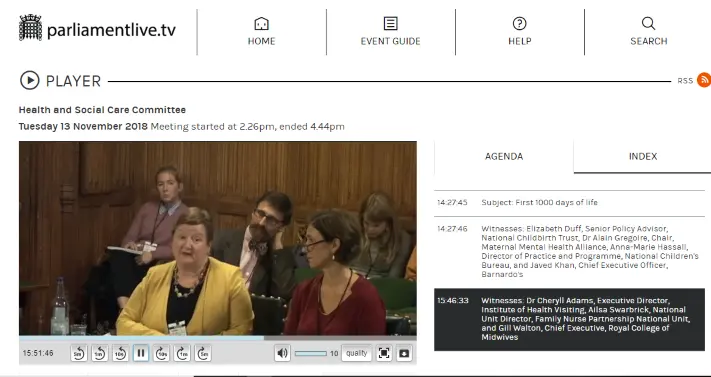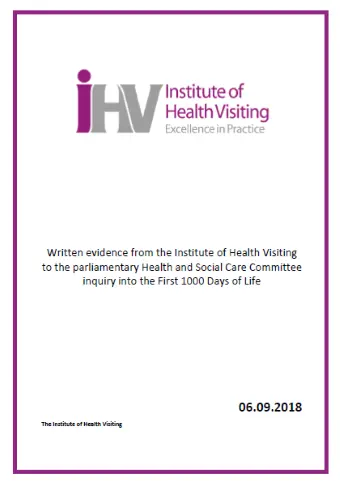The All-Party Parliamentary Group (APPG) on Social Media and Young People’s Mental Health and Wellbeing has today (29 June 2018) launched an inquiry to establish what actions must be taken both to tackle the negative impacts of social media use, and to maximise the positives for young people.
The inquiry aims to build on the work of the Royal Society for Public Health (RSPH)’s 2017 report, #StatusOfMind, which found that although social media use has many potential positives for mental wellbeing, such as maintaining friendships and providing a source of emotional support, for young people the impact is primarily negative, fuelling feelings of anxiety, depression, and ‘fear of missing out’.
Polling conducted by RSPH in April 2018 on behalf of the new APPG found that more than half of the UK public (52%) say not enough is being done by social media companies to address the impact of social media on mental health and wellbeing, with two in five (41%) also saying the Government is not doing enough. Four in five (80%) say tighter regulation of social media companies is needed, with almost half (45%) saying this should be done through a self-regulated Code of Conduct, and more than one third (36%) saying it should be legally enforced by Government.
The APPG’s inquiry aims to determine what should be contained in any such Code of Conduct, and how it should be enforced. It will also seek out and recommend other progressive and practical solutions that can help maximise the positives and mitigate the negatives of social media for young people.
The inquiry will be open to receive written and recorded evidence until 13 August 2018, with a number of oral evidence sessions to be held in Parliament in the autumn. The APPG hopes to engage with expert stakeholders including academics, charities, government officials, social media industry representatives, parents and young people themselves, in order to answer four broad questions:
- What is the latest evidence of the impact of social media on mental health and wellbeing?
- What constitutes a ‘healthy’ and beneficial relationship with social media for young people?
- What should be done by government and by the social media industry to address these issues?
- What solutions can be provided in terms of technological innovation and education?
Organisations and individuals interested in submitting evidence to the inquiry should download the Call for Evidence from the APPG website at www.rsph.org.uk/socialmediaappg.






